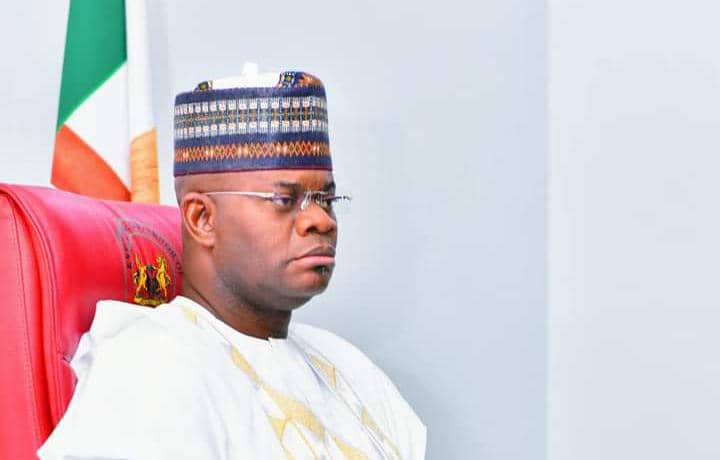


When we hear about high-profile corruption cases involving politicians, it’s easy to become desensitised to the gravity of these issues. This is especially true in Nigeria, where the case between Yahaya Bello, former governor of Kogi State, and the Economic and Financial Crimes Commission seems to still be unfolding.
Allegations against Bello involve a staggering N80.2 billion fraud. Yet, despite the severity of these allegations, there is often a disconnect between complex legal proceedings and public understanding. This disconnect frequently leads to misinformation and undermines efforts to hold political figures accountable. This is where the media comes in.
In this context, the role of the media is crucial. The media must provide accurate, timely, and comprehensive coverage of developments, explaining legal actions taken against politicians. By doing so, they ensure that Nigerians are well-informed about the actions and integrity of their elected officials.
Yahaya Bello is not the first former governor to be probed by the EFCC for corruption. There have been several high-profile cases where former governors and other officials have resisted arrest in a dramatic fashion. These are not isolated incidents but part of a broader pattern of corruption and evasion in politics. For instance, past incidents have seen security agencies needing to enter residences through unconventional means to arrest these individuals.
One major issue with media coverage is the need for more follow-up. Often, once an initial report is made, media outlets move on to other stories, leaving the public needing updates on the progress or resolution of these cases. Follow-up reports are essential to keep the issue on the public’s mind and ensure continued pressure on the authorities to pursue justice. Media houses should allocate resources to consistently follow up on such high-profile cases, ensuring that they remain in the public consciousness.
In covering such sensitive matters, the media must strive to maintain balance and impartiality. This involves avoiding propaganda from any political side, whether from the accused or their opponents.
Ensuring that reports are unbiased and fact-checked prevents the spread of misinformation and helps the public form a well-rounded understanding of the situation. Fake news, such as false reports of Bello evading arrest by jumping fences, undermines the credibility of media outlets and the seriousness of the charges.
To engage the public effectively, the media should use tools such as infographics and data visualisation info to illustrate the impact of corruption. For example, explaining how the alleged N80.2 billion fraud could have been used to build hospitals, schools, or other essential infrastructure can help citizens grasp the real-world consequences of such corruption. Also, interactive elements like quizzes and games can make the information more engaging and memorable.
Complex legal proceedings can be difficult for the general public to understand as many are not educated or have no knowledge of these legal terms. Media outlets should produce explainer articles and special reports that break down legal terms and processes, making them accessible to a wider audience. Also, they can invite experts to provide commentary and analysis that can further enhance the public’s understanding and keep them informed about the intricacies of the case.
Given the prevalence of misinformation, especially in high-stakes cases involving political figures, fact-checking is crucial. Media organisations must dedicate resources to verifying the accuracy of their reports and correcting any false information.
Beyond news reporting, the media has a crucial role in educating the public on media literacy. By teaching citizens how to critically evaluate news sources and differentiate between credible information and misinformation, media outlets can empower the public to be more discerning consumers of news. This is especially important in an era where fake news and disinformation can spread rapidly through social media.
Digital media platforms offer an unprecedented opportunity for traditional media to extend their reach. By leveraging Facebook, Twitter, WhatsApp, etc, podcasts, and other digital formats, the media can engage a broader audience, particularly the younger generation (Gen Z), ensuring that important stories receive the attention they deserve.
Media newsrooms can strengthen their investigative efforts by collaborating with civil society organisations that specialise in transparency and accountability. These CSOs often have the resources and expertise to conduct in-depth investigations and provide valuable insights and data that can help enrich media reports. Such partnerships can help amplify the impact of media coverage and sustain public interest in corruption cases. By providing thorough, balanced, and engaging coverage, the media can play a significant part in promoting transparency and good governance in Nigeria.
- Nurudeen Lawal is a media analyst from Lagos, Nigeria